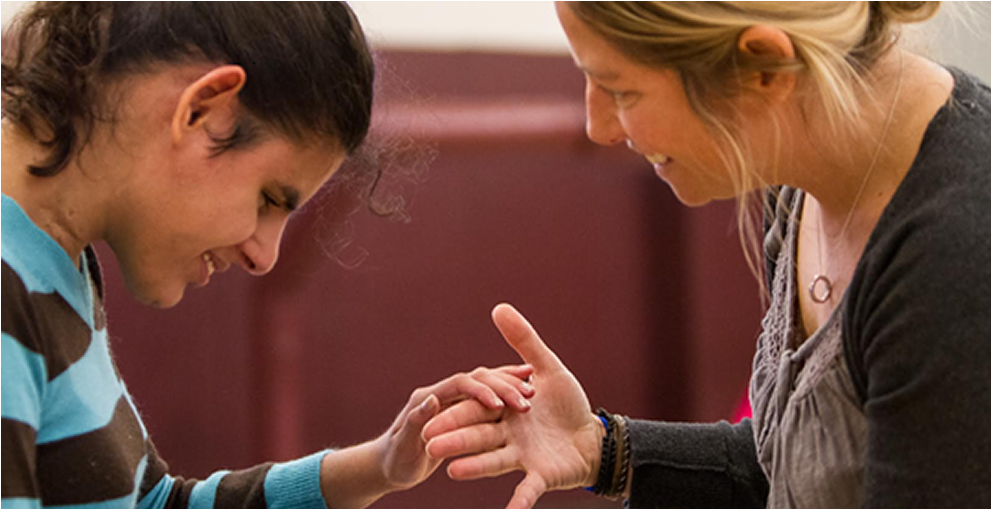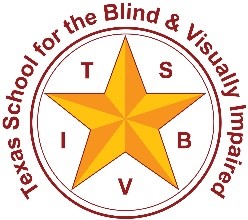Additional Resources on Interaction
Communication: A Guide for Teaching Students with Visual and Multiple Impairments by Linda Hagood, ©1997, TSBVI.
Nordic Welfare Centre 2019. If You See It You Can Support It. DEAFBLINDNESS, DISABILITY ISSUES , 20 Jun 2019.
Teaching Strategies of the van Dijk Curricular Approach by Stephanie McFarland (JVIB article: payment needed for full access.)
You Make the Difference: An Educator-Oriented Process for Supporting High Quality Interactions with Students Who are Deafblind, by Craig Axelrod, Kim Conlin, and Tish Smith, ©TSBVI, 2008.
Websites
National Center on Deaf-Blindness: Educational Practices
Perkins School for the Blind Webcasts

